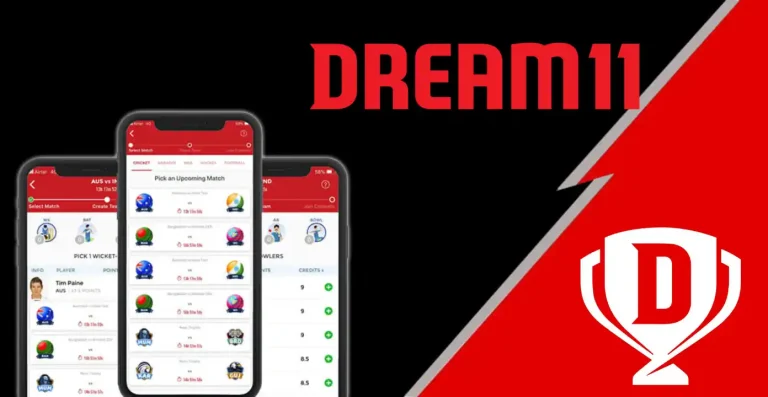Which states is Dream11 banned in?
Dream11 stands as a preeminent fantasy sports application in India, boasting an excess of 1 crore downloads on the Google Play Store. Moreover, it clinches the eighth spot among the most downloaded gaming apps on the platform. Despite the Supreme Court’s endorsement of Dream11 as a game rooted in skill, its accessibility faces geo-restrictions in certain Indian states although you are free to play in other states. These restrictions stem from state laws that bar participation in skill-based games demanding an entry fee. Consequently, the application employs IP address verification to ascertain users’ locations.
Here’s a rundown of states that have proscribed Dream11:
Odisha
Odisha has proscribed all forms of online gambling under the Odisha Prevention of Gambling Act, of 1955. This encompasses Dream11, despite its classification as a skill-based game exempt from gambling.
The excerpt provided from Section 2(b) of the Act offers a precise definition of “online gaming” within the context of the legislation. According to this section, “online gaming” encompasses activities that involve gambling or gaming where monetary stakes or valuable items are at risk. This includes various forms such as betting and wagering, which are often conducted via the internet and can span a multitude of games, from card games like poker to online casinos and sports betting platforms.
What is particularly noteworthy about this Act’s language is the deliberate exclusion of lotteries from the category of gambling. This demarcation suggests a legal differentiation between lotteries and other forms of gambling or gaming. Lotteries may have been omitted from this definition due to their unique nature, often being state-run or licensed by the government, and typically regarded as a form of fundraising for public projects. Unlike traditional gambling activities, lotteries are usually subject to a different set of regulations due to their often governmental or charitable association, allowing them to operate under a separate legal framework.
Andhra Pradesh
Similar to Odisha, Andhra Pradesh prohibits online gambling and platforms like Dream11 through the Andhra Pradesh Gaming Act of 1974. The amended act imposes stringent penalties on gambling offenders, prompting the state cabinet to outlaw online gaming and betting sites.
Following the act’s introduction, the Andhra Pradesh Gaming (Amendment) Ordinance, 2020, was enacted by the government, led by Y S Jaganmohan Reddy, prohibiting monetary risks or stakes on game outcomes, including those of skill.
Telangana
In 2017, the Telangana cabinet endorsed an ordinance amending the Telangana Gaming Act, 1974, to outlaw online gaming, impacting platforms offering fantasy sports and rummy.
The ordinance defines gambling as any activity based on chance, involving monetary payments, or rewarding prizes. Consequently, Dream11 operations are no longer permissible in Telangana.
Assam
With the exception of horse racing and lotteries, all forms of sports betting or wagering are illegal under the Assam Game and Betting Act of 1970, an extension of the 1967 Bengal Act.
Despite the Bengal Act’s 1913 revision permitting exemptions for simple skill, the Assam Act disregards this provision. Consequently, no authorization exists for skill-based activities, barring Assamese residents from utilizing online fantasy sports platforms like Dream11.
Sikkim
Sikkim mandates that online gaming platforms obtain licenses, restricting gameplay to within the state and designated gaming cafes via intranet gaming terminals.
This condition effectively excludes platforms operating beyond Sikkim’s borders. Only casinos and gaming companies within Sikkim, employing modern online gaming machines, likely possess the requisite licenses obtained in the past decade.
Nagaland
The Nagaland Prohibition of Gambling and Promotion and Regulation of Online Games of Skill Act, 2015, acknowledges the skill-based nature of online gaming. However, stringent requirements and regulations render conducting business in Nagaland unfeasible.
Section 7 of the Act mandates entities offering such games online to secure licenses from the regulatory body. Despite awareness of these regulations, accessibility to the Act online poses compliance challenges.
Licenses incur a cost of Rs. 10 lakh per game per annum or Rs. 25 lakh per annum for a range of games, with fees doubling after three years. Compliance entails adherence to KYC guidelines, banking requisites, and foreign deposits, deterring online gaming companies from obtaining licenses for skill-based games. Although not banned, Dream11 has chosen not to operate within the state.





